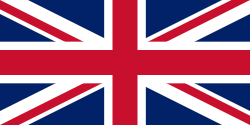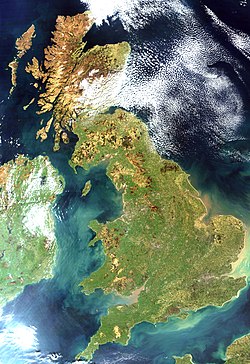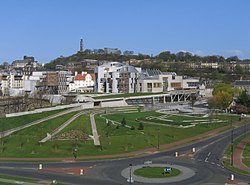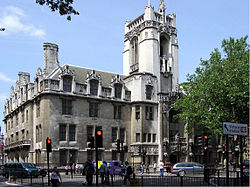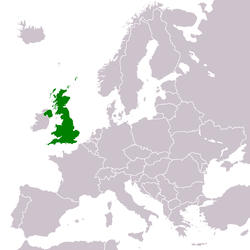
The following outline is provided as an overview of and topical guide to the United Kingdom:
Contents
- General reference
- Countries of the United Kingdom, Dependencies, Territories and Commonwealth
- Countries of the UK and their subdivisions
- Crown Dependencies
- British Overseas Territories
- Commonwealth of Nations
- Geography, resources and demography
- Ecoregions
- Environment
- Geographic features
- Regions
- Natural Resources
- Demography
- Ethnicity
- Government, monarchy, politics and honours
- Monarchy
- Branches of the government
- Foreign relations
- Local government
- Politics of England
- Politics of Northern Ireland
- Politics of Scotland
- Politics of Wales
- Honours
- Military and defence
- Command
- Forces
- Military history
- Related topics
- Law and order
- Law of England and Wales
- Law of Northern Ireland
- Law of Scotland
- Infrastructure
- Regulatory bodies
- Trade Union Federations
- Transport
- Economy
- History
- History by period
- Historical states of the British Isles
- By subject
- Culture
- Architecture
- The arts
- Music
- Film
- Cultural icons
- Languages
- People
- Religion
- Sports, games, and pastimes
- Education
- Education in England
- Education in Northern Ireland
- Education in Scotland
- Education in Wales
- See also
- References
- External links
United Kingdom of Great Britain and Northern Ireland– sovereign country in Europe, commonly known as the United Kingdom (UK), or Britain. [1] [2] [3] Lying off the north-western coast of the European mainland, it includes the island of Great Britain—a term also applied loosely to refer to the whole country—the north-eastern part of the island of Ireland and many smaller islands.
The United Kingdom of Great Britain and Northern Ireland is made up of four countries – England, Scotland, Northern Ireland and Wales, with Scotland, Northern Ireland and Wales each having their own devolved government and national parliament.
